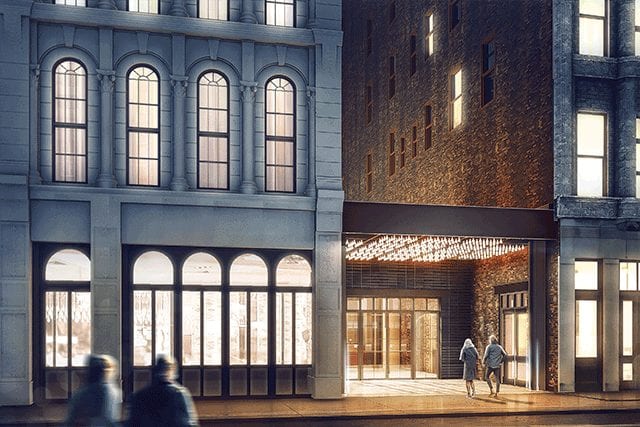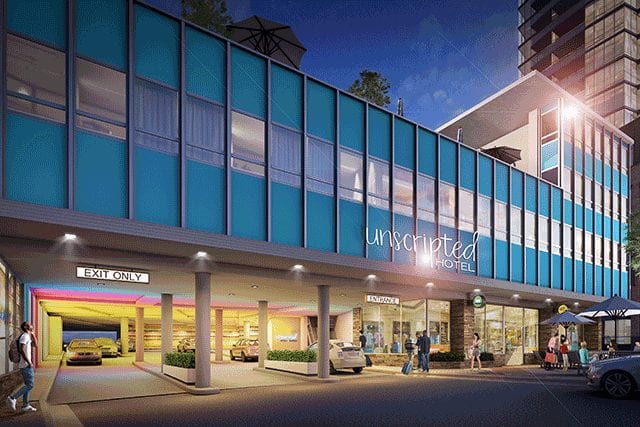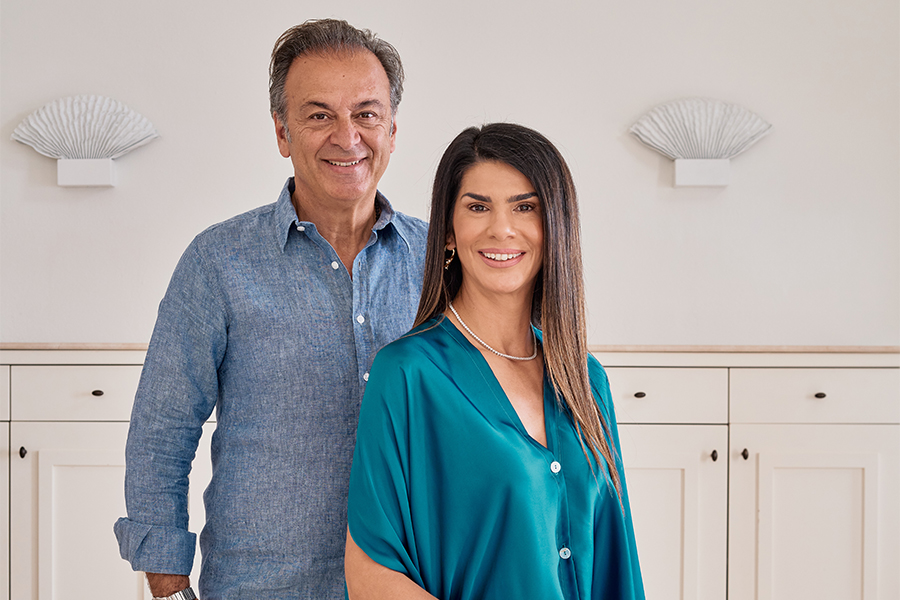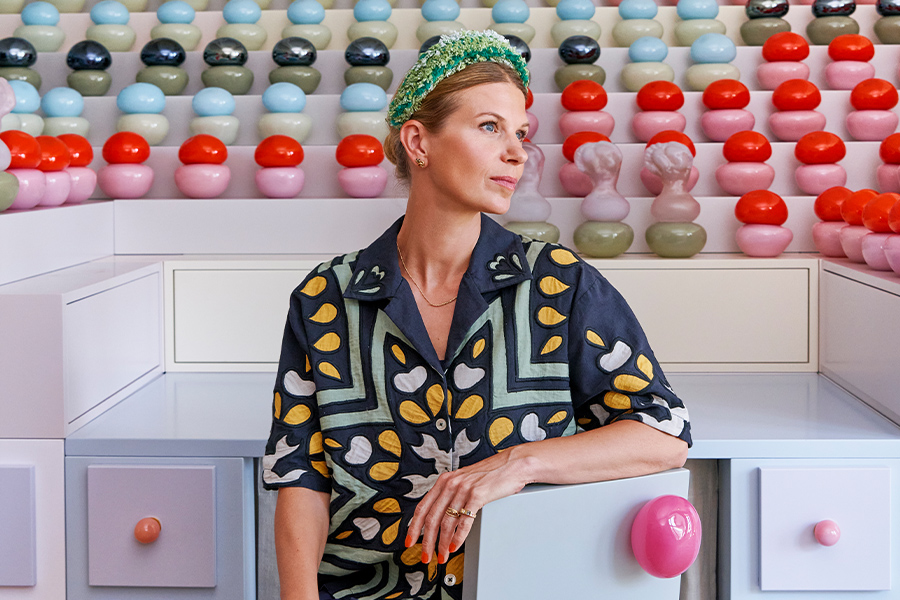Where were you before you started at Dream Hotel Group?
I’ve had my hands full as founding principal and CCO of Identity Atelier (I/A), an innovative creative agency focused on directing, conceptualizing, and executing the brand development and strategic planning for luxury products, services, and personalities in the beauty, fashion, and hospitality industries. Most recently, as both CCO of I/A and creative director for the mixed-use Restoration hotel in Charleston, I oversaw all creative and communicative elements of the hotel as well as programming, partnerships and activations—even a custom fragrance.
What is your role at Dream Hotel Group?
As senior vice president of creative, I oversee all design, branding, art direction, programming, partnerships, and activations for Dream Hotel Group and its portfolio of brands: Dream Hotels, Time Hotels, the Chatwal, and Unscripted Hotels. I also recently spearheaded the launch of our new in-house creative studio and design atelier Reverie Studio
What do you hope to bring to your new role at Dream?
We’re progressing toward a new way of thinking, creative ideation, and theory. I’m focused on contributing my passion and talent to the team and casting vision toward the future of our brands in new markets, while collaborating with new partners who understand our direction and can help facilitate our dream. I’m very focused on design narratives and experiences that have layers of vision. I want to engage the senses and take our love for craft and culture to new and exciting levels. So basically anything that can be touched, seen, heard, smelled or tasted, I want it to pass through my team’s curatorial filter first.
What projects are you working on right now?
In addition to the launch of Reverie Studio, I’m most excited about the launch of our new lifestyle hotel brand Unscripted. The first location opens in Durham, North Carolina next month, and boy, have we been busy. We plan to unveil all new brand positioning, creative collateral, and art direction for the brand in just a couple weeks.
Our Dream brand is also growing at an exceptional pace, and I’m working closely with our designers at Nashville, Palm Springs, and Doha to create new concepts and ideas that will move the needle and give new insight to our direction. Every new location we open offers yet another way to explore the limits of the brand.
What’s the goal of DHG’s new in-house creative studio and design atelier?
Reverie, by definition, is “a state of being pleasantly lost in one’s thoughts; a daydream.” Therefore, my vision for Reverie Studio encompasses all the formal design principals needed to evolve and expand our brands cohesively, including design, interiors, branding, content marketing, digital, art direction, photography, partnerships, and alliances.
We are a collective of thinkers and dreamers unified by the love and commitment of our respective crafts, and steering the ship. I’m creating a guild of talent all working closely with me to create our vision. An editorial approach and design sensibility will drive our ideas.
What are guests looking for in a hotel today? How does Dream speak to that evolving traveler?
There once was a time when all the great hotels in urban cities were considered cultural meccas and social hubs for the communities they served. Then, almost overnight, it was over. You couldn’t get a decent hotel meal if your life depended on it. We prefer the former. There’s definitely a rise of that great hotel as a social hub mindset again, and I like to think we’re leading the charge.
Our theory is that if you build attractive, engaging dining and nightlife experiences for the community, the hotel guest will also be well-served with a more genuine and locally relevant experience. It also means not using a formula. It’s about understanding the local community, culture, and what consumers want in that specific market. Our hotels are about discovery. Authenticity and experiential aren’t just buzzwords—they’re a way of life.
How will you expand on Dream’s distinct style in your new role?
Complete creative culture. I plan to be inclusive, yet specific, and adapt a new way of thinking and approaching ideas that will elevate and empower our brands. We’re the dreamers, the storytellers, and the purveyors of meticulously curated ideas that translate across multiple platforms and resonate through 360-degree marketing.
What do you look for in a designer? How do you collaborate with outside design firms?
We look carefully at each market and select partners that make sense locally. An ideal design partner is someone who already believes in and understands the ethos of our brand, in addition to having a deep understanding of that specific market, local cultures, what works (or more importantly what doesn’t work) in different environments. As a designer myself, I think it’s important to look for collaborators who are open to new ideas, who orbit around theory, discovery, and how guests engage with the space.
There seems to be an influx of luxury and lifestyle hotels. How does Dream work to differentiate itself from the competition? How will you work to do that?
As the marketplace becomes dense with so-called lifestyle entries, we are better positioned to adapt to changing tastes. We understand that lifestyle trends are constantly in flux. The popularity of some places are shorter than others and can pivot quickly, so we come to the table prepared to adjust our programs to accommodate the changing trends and keep consumer interests piqued.
Certainly social channels have become increasingly important tools for communicating, not only in a direct fashion, but in terms of communicating your brand ethos. Different channels are better leveraged for different uses. For our highly activated nightlife environments, Snapchat, Twitter and Instagram can have gratifying, almost instantaneous success, whereas Facebook can communicate in a more considered way.




